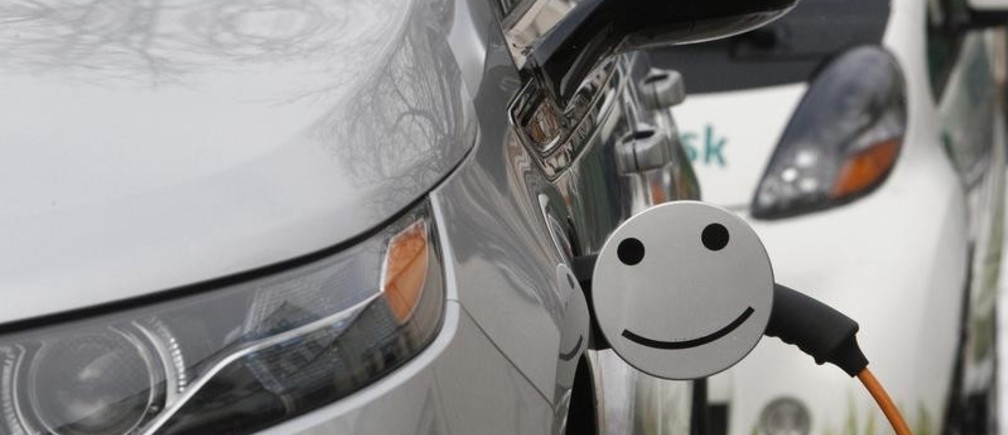

All enterprises
ERG Microfinance
TNC Kazchrome JSC
SSGPO JSC
Kachary Ruda «JSC»
Aluminium of Kazakhstan JSC
Kazakhstan Aluminium Smelter JSC
Eurasian Energy Corporation JSC
Shubarkol Komir JSC
«ERG Service» LLP
Transportation Group TransCom LLP
ERG Commercial Centre LLP
“Business & Technology Services” LLP (BTS)
ERG Research and Development LLP
Eurasian Group LLP
«3-Energoortalyk» JSC
ERG Capital Projects
ERG Recycling
ERG Exploration LLP
JSC Manganese of Zhairem
“ENRC Credit” Credit Partnership LLP
“ERG Microfinance” Microfinance Company LLP
Medical Center "Eurasia" LLP
«ERG Sales Kazakhstan» LLP
For questions
TNC Kazchrome JSC
SSGPO JSC
Kachary Ruda «JSC»
Aluminium of Kazakhstan JSC
Kazakhstan Aluminium Smelter JSC
Eurasian Energy Corporation JSC
Shubarkol Komir JSC
«ERG Service» LLP
Transportation Group TransCom LLP
ERG Commercial Centre LLP
“Business & Technology Services” LLP (BTS)
ERG Research and Development LLP
Eurasian Group LLP
«3-Energoortalyk» JSC
ERG Capital Projects
ERG Recycling
ERG Exploration LLP
JSC Manganese of Zhairem
“ENRC Credit” Credit Partnership LLP
“ERG Microfinance” Microfinance Company LLP
Medical Center "Eurasia" LLP
«ERG Sales Kazakhstan» LLP







